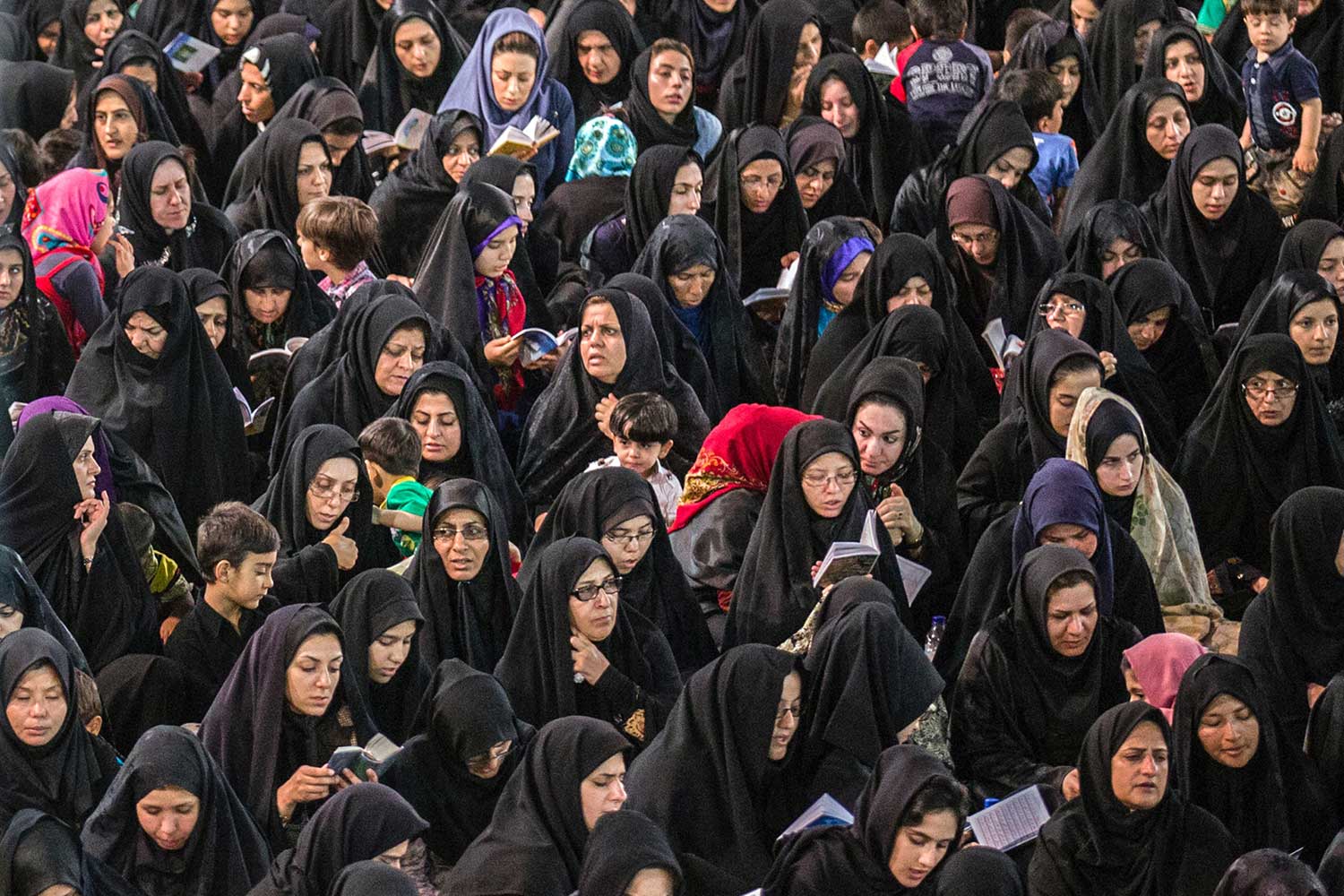Ashura

Ashura is an Islamic holy day observed on the tenth day of Muhurram. It is a public holiday in Pakistan, India, Iraq, Iran, Lebanon, Afghanistan Bahrain. In Pakistan, the government Ashura is a two day holiday, that is 9th and 10th Muharram.
Muharram is the first month of the Islamic Calendar, and this month has its significance. Out of twelve Islamic months, four are sacred, and Muharram is one of them. The tenth day of this month, also known as Ashura (which means tenth in Arabic), is significant for both Shi’a and Sunni Muslims.
Importance of Tenth of Muharram for Muslims
On the tenth day of Muhurram, Prophet Moses saves his people from the tyranny of Pharaoh. He divided the sea into two parts, giving safe passage to his people while Pharaoh’s army drowned.
This day is also important because Prophet Mohammad’s grandson Imam Husayn was martyred at the Battle of Karbala by the army of Caliph Yazid in 680 AD, in modern-day Iraq. After Prophet Muhammad (PBUH)’s death, Hazrat Abu Bakr became the first caliph, Hazrat Umar ibn al-Khattab second, Hazrat Uthman third, and Hazrat Ali ibn Abi Talib (Prophet’s cousin and son-in-law) was the fourth caliph of Islam. After Hazrat Ali’s death, Muawiyah became the next successor, and after his death, his son Yazid succeeded him. Imam Husayn (son of Hazrat Ali and grandson of Prophet Muhammad) did not swear allegiance to his rule. Imam Husayn was forced to leave Mecca to the city of al-Kufah, Iraq, whose people promised him support. En route to al-Kufah, a battle of Karbala happened, between the Yazid’s army and Imam Husayn, which resulted in the martyrdom of Imam Husayn and his men.
Observance of this day by Muslims
Sunni Muslims observe fast on tenth of Muharram and the day before or after the tenth because of the victory of Moses over Pharaoh. The fast is not obligatory; it is voluntary.
Shi’a Muslims across the world mourns this day. They portray their grief in different ways to remember and mourn the suffering, sacrifice, and martyrdom of Imam Husayn. Shi’a Muslims wear black clothes (black color is associated with mourning) during this month. Those who are able to, make a pilgrimage to the shrine of Imam Husayn in Karbala, Iraq. Poetic lamentations (known as Marsiya, Noha, and Soaz) are read out loud. Commemoration ceremonies/events are held at Imambargah (a congregation hall mainly used to mourn in Muharram by Shi’a Muslims). Passion play, known as ta’ziyah, reenacting the Battle of Karbala, is also carried out in some places. People beat their chest in sorrow while remembering the sufferings of Imam Husayn, and some also participant in the practice of self-flagellation (though many Shi’a authorities have prohibited it). People also donate food, known as niaz. Some also set up kiosks (Sabeel) offering beverages or food, or both on first ten days of Muharram.




